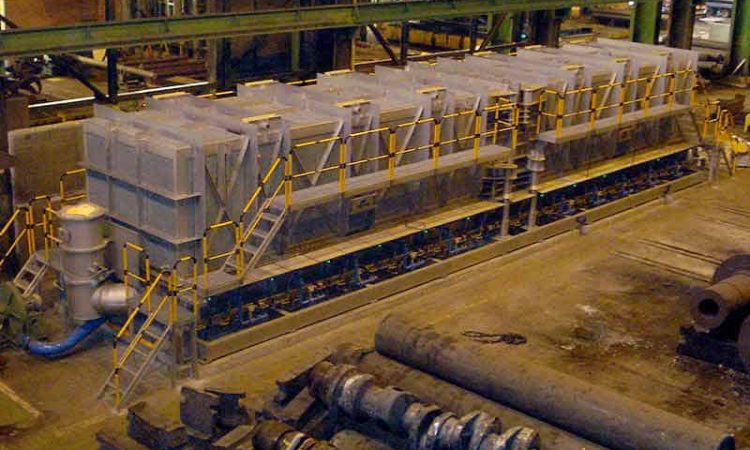
Industrial furnaces are crucial in various manufacturing processes, providing heat for tasks such as melting metals, treating materials, or conducting chemical reactions. When purchasing industrial furnaces, businesses should consider several key factors to ensure they make the right investment. This article will discuss fifteen important aspects to remember before buying industrial furnaces, guiding you through the process with valuable insights and expert advice.
Determining Your Specific Requirements
Before diving into the furnace selection process, it is essential to define your specific requirements clearly. Consider factors such as the type of materials to be heated, desired temperature range, production capacity, and any specific features or functionalities needed for your operations. Understanding your requirements will help you choose a furnace that aligns with your business goals.
Heat Source Options
Different heat sources, including electricity, natural gas, propane, oil, or solid fuels, can power industrial furnaces. Each heat source has advantages and considerations regarding cost, availability, efficiency, and environmental impact. Evaluate the pros and cons of each option based on your specific needs to determine the most suitable heat source for your furnace.
Temperature Range and Control
Different applications require specific temperature ranges, and having precise control over the heating process ensures consistent quality and reliability. Ensure that the chosen furnace can achieve and maintain the required temperatures accurately.
Furnace Size and Capacity
Consider the dimensions of the materials or products to be heated and choose a furnace with adequate interior space. It’s essential to balance the furnace size and the space available in your facility while ensuring it can handle the desired production volume.
Energy Efficiency
It is a key consideration to optimize operational costs and reduce environmental impact. Look for furnaces with energy-saving features such as insulation, heat recovery systems, and programmable controls. Choosing an energy-efficient furnace will help you save on utility bills in the long run and contribute to sustainability goals.
Construction Materials and Durability
The construction materials of the furnace impact its performance, longevity, and resistance to high temperatures and corrosive substances. Common materials include stainless steel, refractory bricks, and ceramic fibres. Assess the materials used in the furnace construction to ensure they are suitable for your application and can withstand the demands of your manufacturing processes.
Safety Features
Look for features such as automatic shut-off mechanisms, emergency alarms, temperature monitoring systems, and proper ventilation arrangements. These safety measures help protect your personnel, prevent accidents, and ensure compliance with safety regulations.
Ventilation and Emission Control
Industrial furnaces generate heat, combustion gases, and potentially harmful emissions. Adequate ventilation and emission control systems are essential to maintain a safe working environment and comply with environmental regulations. Choose a furnace incorporating efficient ventilation and emission control mechanisms to safeguard your employees and mitigate the impact on air quality.
Maintenance and Service
Regular maintenance and timely service are critical for your furnace’s optimal performance and longevity. Please inquire about the manufacturer’s recommendations for maintenance procedures, spare parts availability, and the level of technical support they provide. Select a furnace that offers convenient maintenance requirements and ensures prompt assistance in case of any issues or breakdowns.
Cost Considerations
Cost is an important factor in any purchasing decision. Besides the initial investment, consider long-term costs such as energy consumption, maintenance, and potential downtime. While opting for the cheapest option is tempting, balancing cost-effectiveness and quality is crucial to avoid frequent repairs, early replacements, and production delays.
Warranty and Support
A comprehensive warranty indicates the manufacturer’s confidence in their product’s reliability and durability. Additionally, please inquire about their after-sales support, including technical assistance, availability of spare parts, and troubleshooting services. A manufacturer that stands behind their product with strong warranty coverage and reliable support adds value to your investment.
Conclusion
Choosing the right industrial furnace is a critical decision that can significantly impact manufacturing processes. You can make an informed choice that aligns with your business goals by considering your specific requirements, heat source options, temperature control, size and capacity, energy efficiency, safety features, and maintenance needs.
If you’re willing to implement any industrial furnace in your workplace, “Precons furnaces” are always the best choice. We provide the best furnace installations and services in Dubai and Riyadh.
For more information,
♥ Do call 9840930370 or fill out our appointment form to get in touch!
♥ Follow our social media pages for recent updates. Facebook | Instagram